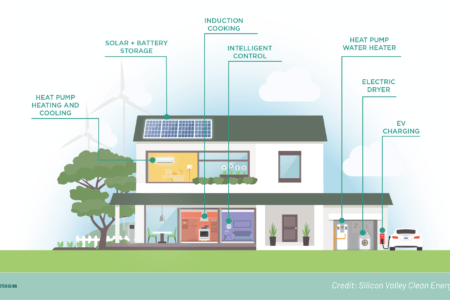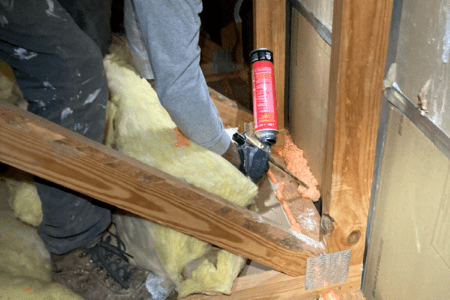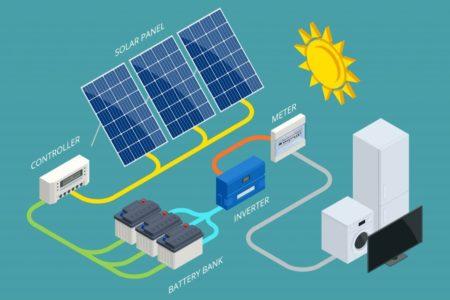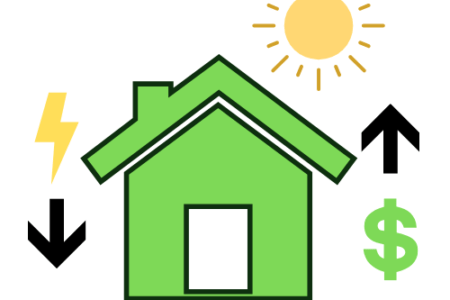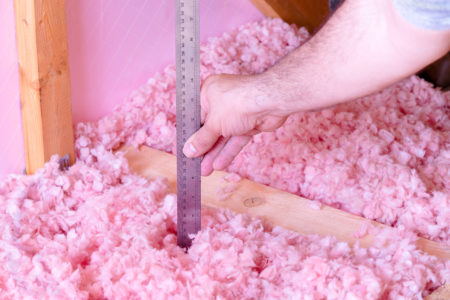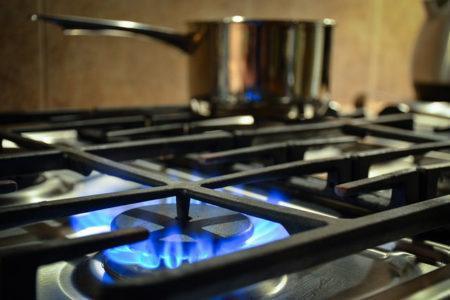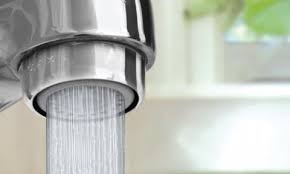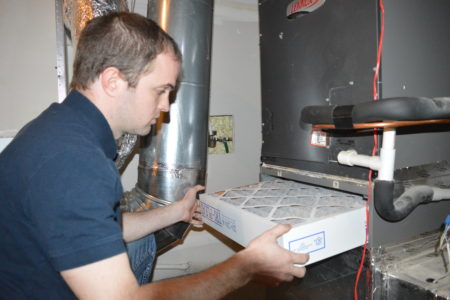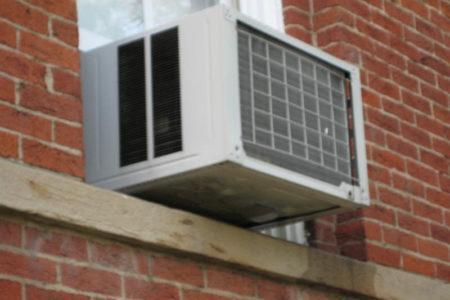When the Power Goes Out
Losing power, especially when your home’s life-preserving systems are reliant on it, such as heating and cooling, is stressful. Many Virginians lost power during the early January storms – not just for 24 hours, but for multiple days, with near-freezing temperatures adding to the challenge. All of this brings up questions around resiliency and read more...

